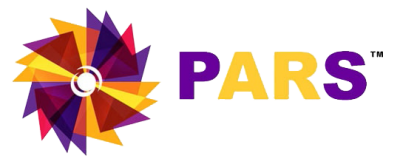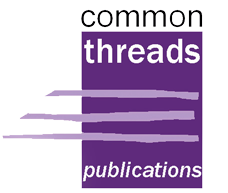
About PARS
PARS is an alternative approach to working with children in their leisure time. Based on the practice of the UK adventure playground pioneers, the PARS model of playwork practice was developed from research by Dr Shelly Newstead and is now used by professionals (and increasingly parents) all over the world. PARS empowers adults to enable children make their own choices about how they spend their free time. Research has found that PARS practitioners are less likely to intervene in children’s self-directed activities and are more open to children’s risk-taking behaviours, which increases children’s social and emotional development and resilience (Chan et al, 2020).
Learn how to use the PARS model
Join our international PARS training team
PARS playwork practice is now being used by practitioners working in a wide range of settings where children spend their leisure time, from summer camps to hospitals and from schools to environmental projects. PARS training is currently available in 11 different countries/regions and five different languages. Our next T2T (training for trainers) will take place in December 2022.
“I was able to do a presentation of some of what I learned through the PARS Masterclass at our monthly P & C meeting. It was super exciting and I received great feedback from being able to explain not just how, but also why we are choosing to practice in this way. For some, it changed the way they looked at what we did and it brought a few more enrolments too!”
Susie BerkhutDirector, Payne Road OSHC, QLD, Australia
![]()
“My staff really benefit from having the PARS framework which helps them not only to describe their playwork practice, but also to make those playwork decisions in the first place. We now have a model which helps us to describe our practice in a professional way without having to resort to programming activities to demonstrate that we are professionals who know what we are doing.”
Adam SmartSmartkidz, Cambridge, UK
![]()
“One immeasurable benefit of PARS is now having the language to engage with, both in self-reflection and in conversation with other practitioners and stakeholders. It means that we can now discuss what we think is happening for the children and what we think we can do to enhance (or meaningfully not ruin) what is happening, and to start to work on a collective understanding of our practice as a service. ”
Amy BlaneQueensland, Australia
![]()
Previous
Next
